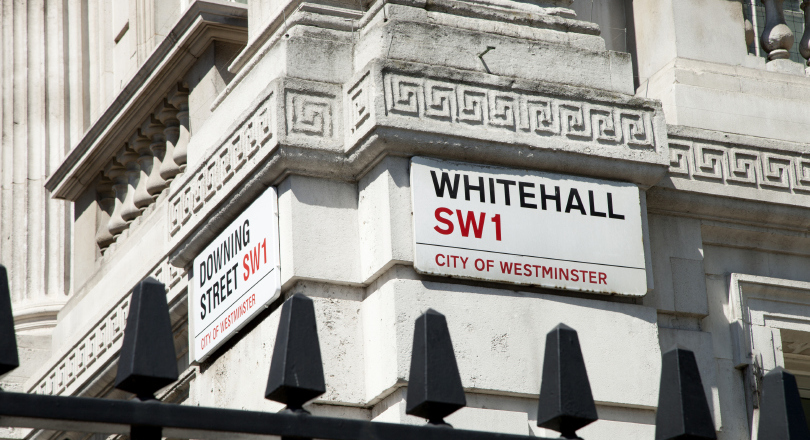Prospect, along with other civil service unions, has condemned the government and filed legal proceedings after the Government Legal Department shockingly revealed that the Cabinet Office never intended to consult unions on civil service pay.
Prospect, PCS and FDA are working together to challenge the government on civil service pay remit guidance, which limited pay increases to 1-1.5% next year, far below the pay offers for other public sector workers.
Since the guidance was issued the unions have been exploring legal action in the form of judicial review.
The government was sent a letter on 17 July in which it was given the chance to withdraw the pay guidance or face legal action.
However, the response from the Government Legal Department has been to deny that the Cabinet Office ever intended to consult on the pay framework figure.
In a letter sent to the unions’ lawyers the government response says the unions had no legitimate expectation of consultation.
Prospect general secretary Mike Clancy said:
“The attitude the government has displayed is adding insult to injury. Simple as that. It shows absolute contempt for the 400,000 civil servants who are affected by the derisory pay rises currently on offer. At no time did government say in meetings or correspondence what they are now claiming in the early stages of litigation.
“This latest admission by the government shows they know their position is completely indefensible, but instead of engaging constructively to resolve matters they are burying their heads in the sand.
“By claiming that there was never an intention to consult with unions, the government is wilfully ignoring the views of staff representatives and never had any intention of listening to representations made by the unions in meetings.
“Prospect will continue to challenge this decision as it reveals not only the attitudes on pay we already suspected but far deeper issues about the government attitude to unions and their staff.”

